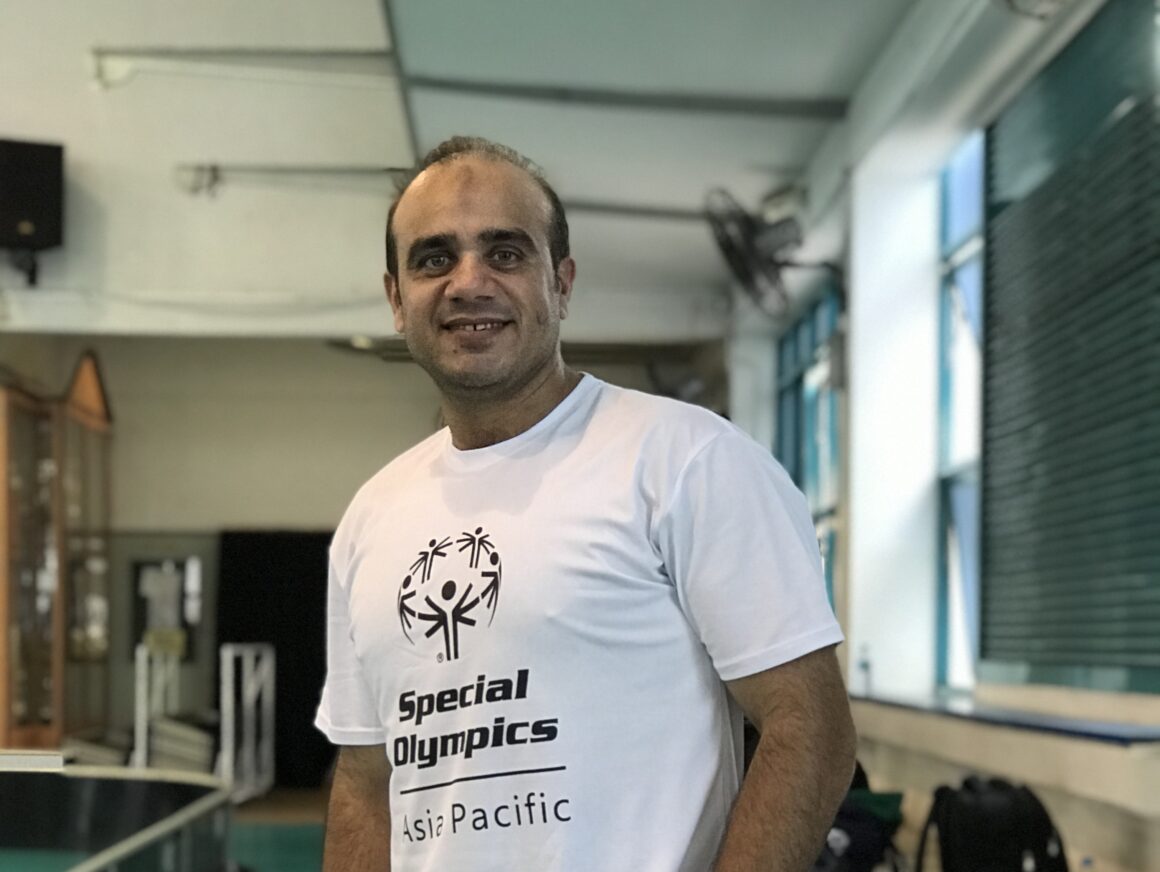I have been a sports coach for children with and without intellectual disabilities for close to 15 years in Pakistan, but there is one encounter I will always remember.
The boy was only 10, but there was so much anguish and rage in him. During training, he would often lash out and hit his classmates. One time, he had such a tight grip on one of the children that I had to pull them apart and stop the class. I found out that this boy, who has Down Syndrome, was struggling to cope with his parents’ separation at the time. He was confused and didn’t know how to handle his feelings.
I spent time with him outside of class. I gave him a ball, and asked him to kick or throw it as hard as he wanted, as many times as he wanted, until he felt better and calmed down. We would spend hours just doing that. He later came to terms with his emotions and apologized for his actions.
I also discovered his talent in basketball. I spoke to his father about getting him some sports equipment so that he could expend his energy outside of school meaningfully, instead of sitting in front of the TV all day. I’m so proud to see that he is now an active basketball player.
Cases like these have left an indelible mark. I see the importance of taking special care of our children, with or without intellectual disabilities. The boy acted out not because he has Down Syndrome, but because of issues at home. It is how any child would behave. All he needed was someone to be patient and listen, and not label him. We are all similar in so many ways.
I have another 12-year-old student who has multiple disabilities and problems with running. I train him by holding his hand and running with him at his pace. With every session, he gets a little stronger and runs a little faster. Sharing his joy with every step he takes is an indescribable feeling.
When a child leaves my class happy that they have learnt a new skill or that they have achieved something outside their comfort zone, it is reward enough for me. I tell them constantly not to compete with others, but to compete with themselves. Set their own targets, and be the best that they can be. They feel empowered, confident and happy that they have exceeded their own expectations.
Being a part of their journey has been life-changing, and strengthened my commitment to do more for children with intellectual disabilities. Some of them look up to me as a father figure. They are so respectful and appreciative of the time we spend together. I feel a huge sense of responsibility towards them.
With or without intellectual disabilities, we all need respect, attention and love. So don’t label these children. They need our patience and care. Listen to them and let them express their feelings. When you take time to understand them and earn their trust, the rewards are massive.

